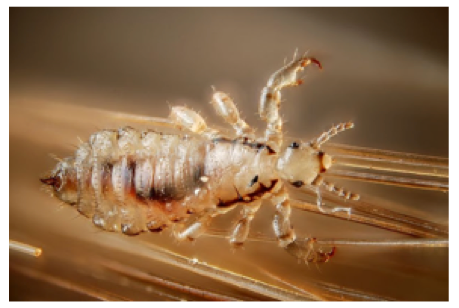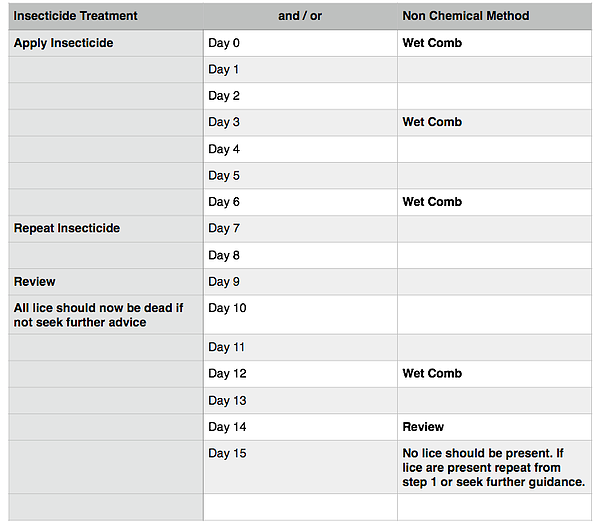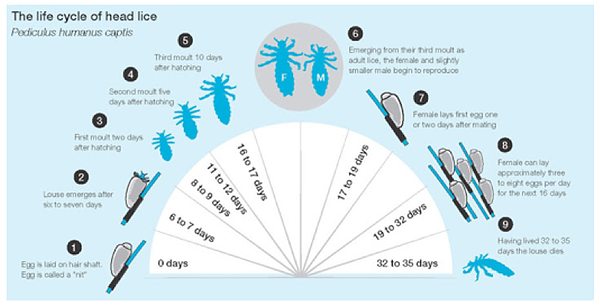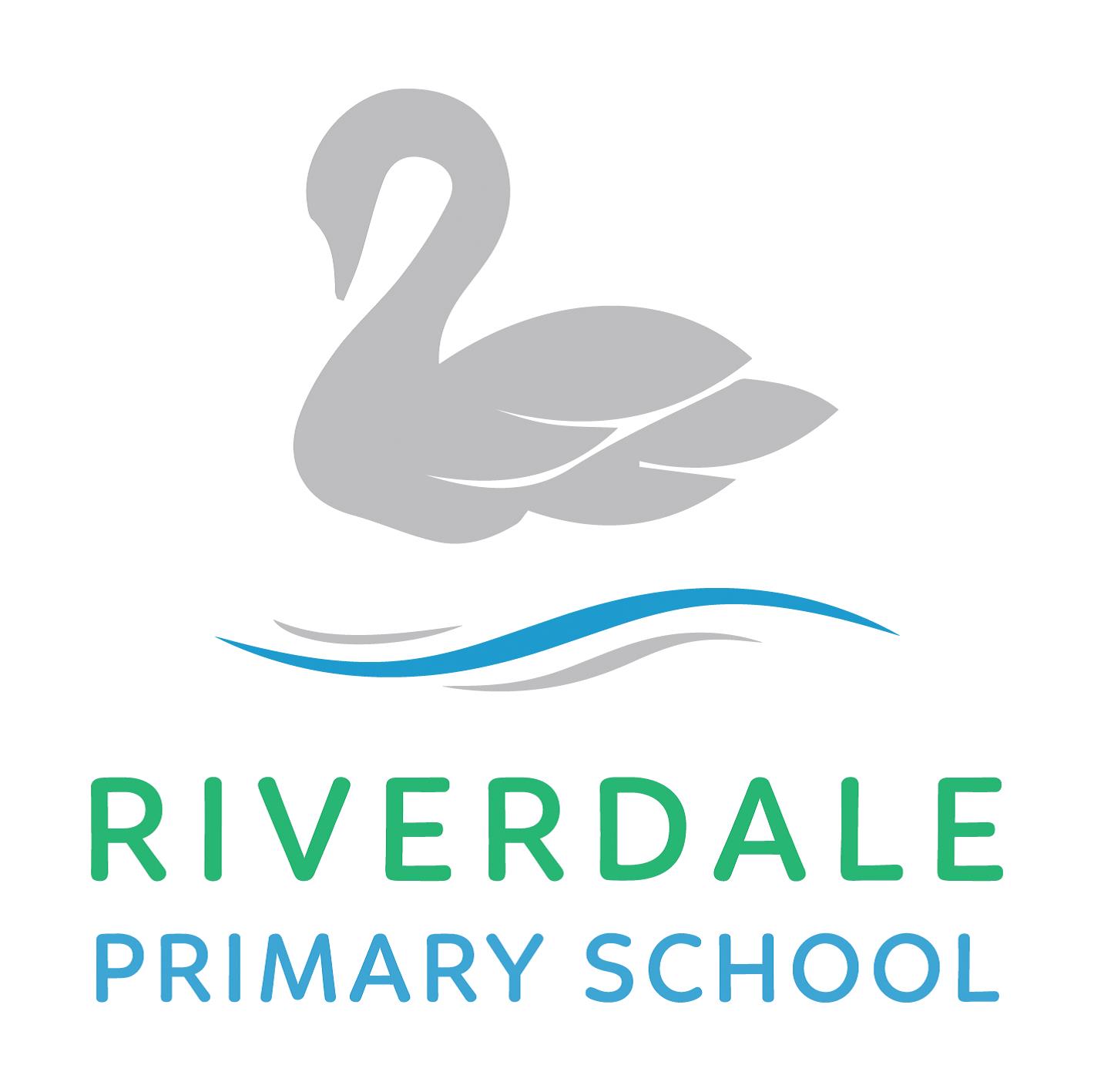Headlice

This is a very common occurrence in large groups of people, particularly children.
There are a lot of expensive lotions on sale, but they are not always very effective. The School Nursing Team recommend wet combing every week with a “nitty gritty” comb.
To help us keep the number of children with head lice in school as low as possible, we ask you to help us by:
- Using a ‘nitty gritty’’ comb weekly which you can buy from Pharmacies or get on prescription from your doctor.
- Keeping your child’s hair tied back if it is long.
- Regular use of conditioner.
- Regular use of wet combing technique to allow early detection and quick removal, described below (non chemical method).
- Follow either the insecticide or non chemical method of treatment described below when lice have been found.
Inform us at school as soon as possible if you find headlice on your child.
Below is the recommended treatment guide for when your child is found to have head lice.
Head Lice Treatment Planner

In return we will:-
- Send an alert by text or email, to all parents of children in a class where head lice has been detected, to allow close inspection of your own child’s hair.
- Send a child home, if headlice has been detected on them by a member of staff in school, to reduce the risk of further children ‘catching them’’. If you are not available, the school will use the other contact names stored on our SIMS system to collect your child.
Very often parents complain that after treating their child’s hair that the day they return to school that they are reinfested with them. Below is a diagram of the lifecycle of the Headlouse that shows that an infestation is not possible in such a short period of time. Even if a head louse from another child did happen to crawl onto your child’s head the louse would have had to have already mated with a male louse to begin to lay eggs. As you can see from the diagram it would be a further week before lice appear. It is therefore more likely that due to their small size, some eggs have been missed during initial treatment and it is these that are now hatching. This is why we and school nursing team recommend wet combing your child’s hair with a nitty gritty comb every week as this will help to keep any lice at bay and avoid ia full infestation of the hair.
Life cycle of Headlice:-





